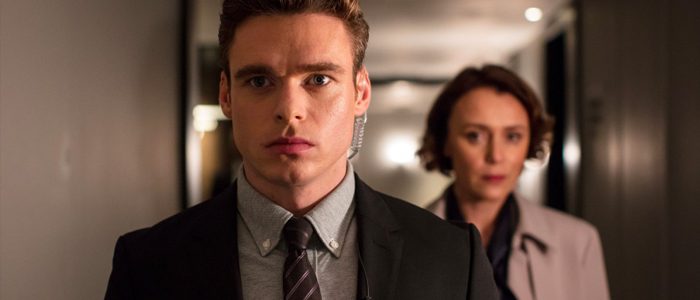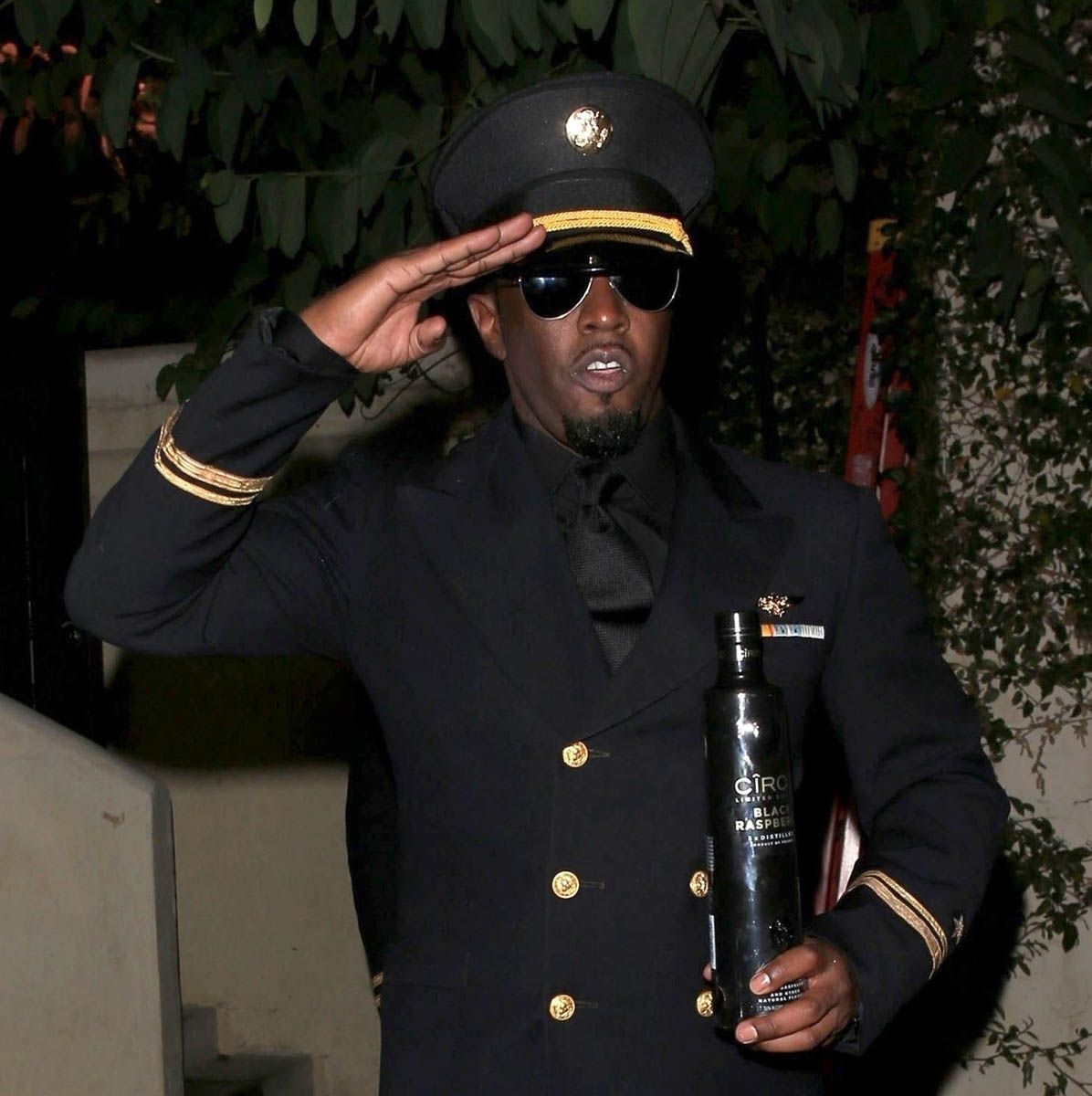Richard Madden in Bodyguard



First of all, in this household we only recognize one bodyguard and that is Frank Farmer. But recognized as one stressful motherf-cker is David Budd, protagonist of the BBC/Netflix show Bodyguard. Portrayed by Richard Madden in a life-after-Game-of-Thrones role, David Budd is a PTSD-afflicted veteran working as a private protection officer with the Metropolitan Police, aka a bodyguard for government ministers. This is the role that has everyone thinking Madden could be/should be the next James Bond, and he is suitably tense and decisive, so sure, if we’re not going to do anything interesting with Bond, might as well be Madden. But Bodyguard is not just Madden’s six-hour audition tape for Bond, it’s also the nerviest, most stressful political thriller in recent memory. It’s so stressful it’s almost upsetting, but it is also a story about veterans and trauma and the political machine that turns soldiers into traumatized veterans.
The opening scene sets the tone for the whole show, a tense stand-off between David and a suicide bomber on his train. If the scene was done in one take, this show would probably win every Emmy under the sun, but it really doesn’t need fancy camera work, since it’s so effectively firing on all cylinders as a piece of drama (it also effectively kicks Robb Stark out of mind.) Right off we know that David is a good cop, observant, brave, and the kind who tries to preserve life, if at all possible. He saves the bomber, Nadia (Anjli Mohindra), thinking her the oppressed wife of a terrorist, and for his heroic actions, he is rewarded with a promotion onto the security detail for the home minister, Julia Montague (Keeley Hawes).
Bodyguard really gets going when David and Julia start dealing with each other. He’s a veteran of a war she supports, he’s the troops she supports, but really, she isn’t doing anything to help David and people like him. David needs counseling but he’s afraid to use his work benefits to get it for fear of the stigma surrounding mental health, especially for people in high stress jobs. To him, counseling is not only admitting weakness but it’s admitting he isn’t fit for duty, which is unthinkable. So he drinks and f-cks and basically makes a series of poor life choices, and honestly, Bodyguard would be doing enough if that was the whole story, the story of this ill-advised relationship.
BUT THAT’S NOT ALL. All of this—the suicide bomber, the affair —is just SET UP. Because once he’s entangled with Julia, David begin to see a conspiracy unfurling around her. Julia supports controversial security-state legislation, and she seems to be using it to leverage popularity and support away from the prime minister, potentially to make her own run at the big job. She has secret meetings with creepy crepe-necked men, and all the while David’s bosses want him to spy on Julia. He’s surrounded by women, all of whom are using him to their own ends, at least one of them is corrupt, and he has no idea who to trust. There’s some vagina dentota subtext for sure—it’s barely even subtext, honestly—but it is a metaphor for how governments can betray their subjects.
These are the people David should be able to rely on, and the mother metaphor isn’t too far off as these women are supposed to provide David with support and resources. But instead they’re playing games and he is just a pawn, another soldier left out in the cold. The ruthless practicality of Julia and the other politicians reveals how clinically, how coldly, major decisions like sending soldiers to war get made, and how brutally impersonal those decisions are. David is probably the first interpersonal contact Julia has had with the aftermath of her support for the Afghanistan war. A related organized crime element only reinforces how a select few get richer by exploiting people like David. The finale is a tense, frustrating hour of television because it’s just David getting the sh-t kicked out of him by people who don’t really care about the consequences of their actions, they only care about their power and getting their way.
Bodyguard works as nothing more than a political thriller, but it does have some thoughts on the “political” and they’re not particularly flattering toward the establishment, which clings to a power that has long since lost whatever moral authority it originally possessed. Julia is not as black and white as that, just as David isn’t a superheroic warrior, but she is still leveraging nationalist fears for her own gain. The world of Bodyguard is all cynical shades of gray, where the best you can hope for is just to survive, and your government would rather sell you out than support you.

